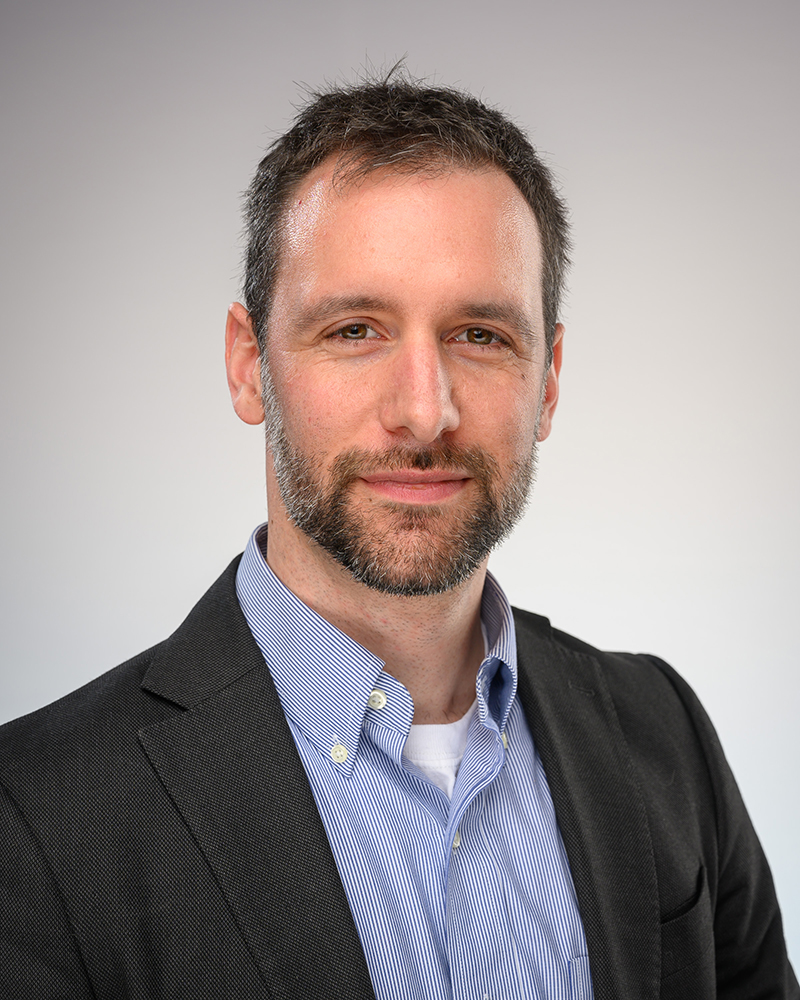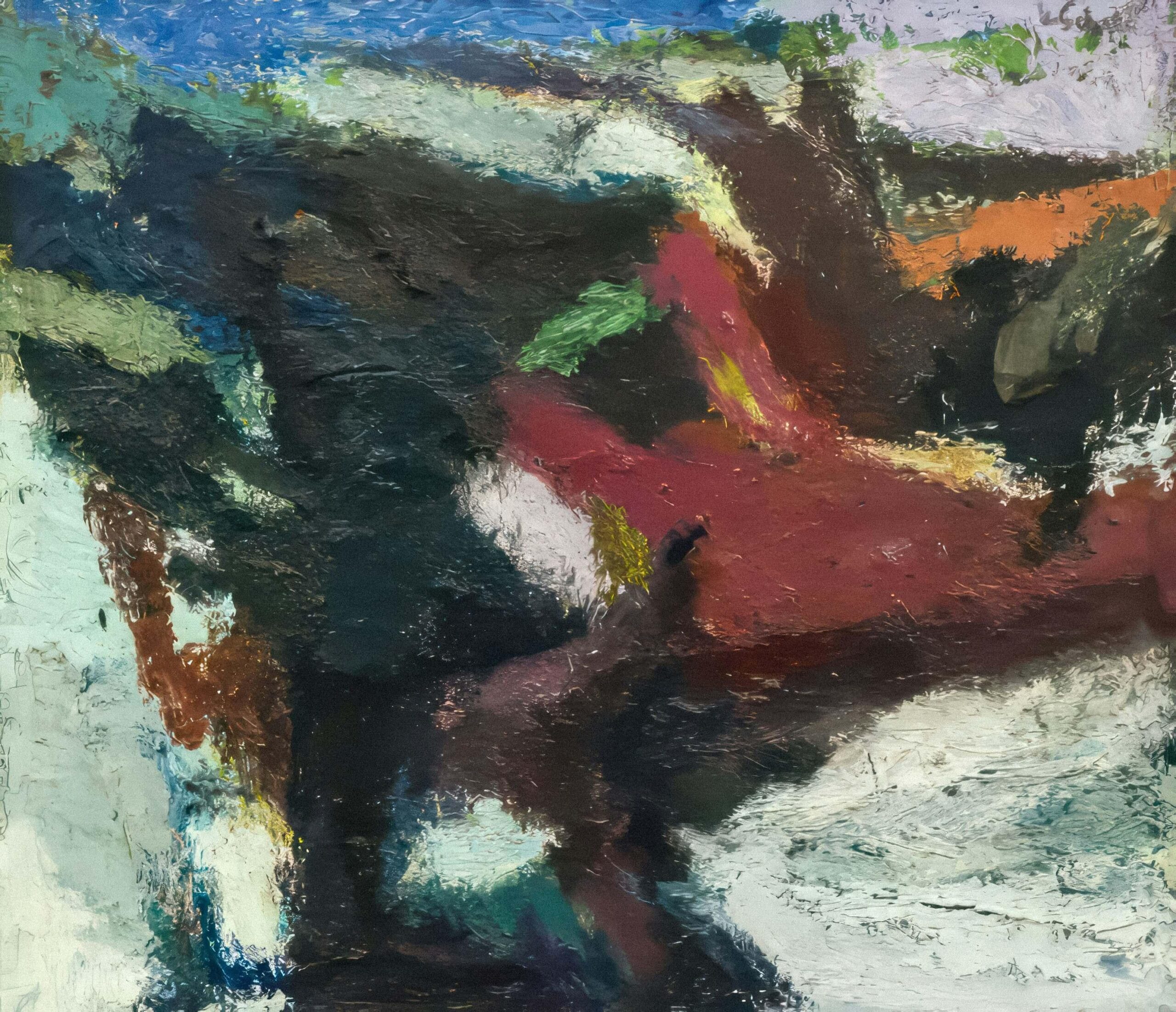Drew Robert Winter

Notice: Undefined variable: post_id in /nas/content/live/cultureanimals/wp-content/themes/Gaea-child/single-project.php on line 93
Research, 2021, 2015, Grantee Link >
Drew Robert Winter works at the intersection of food, activism, ecology, and nonhuman animals, and his Ph.D dissertation concerned cultures of pork production and consumption in Denmark, investigating the cultural cohabitation of food traditions and concern for climate.
Drew received two CAF grants: the first, in 2015, was to study animal liberation and the Left through a month-long mini-ethnography of Copenhagen’s Youth House, the commune of Christiania, and two animal rights nonprofits. The second, in 2021, was for a study on the Danish mink cull. Drew writes:
In November 2020, a mutated form of COVID-19 was found on Danish mink farms. On November 17, Minister for Food, Agriculture and Fisheries, Mogens Jensen declared all 17 million mink in the country must be killed to prevent the spread of the disease. Jensen was later forced to resign, but the ruling coalition vowed to retroactively justify the order. The Danish mink cull highlights both the relationship between human and animal health, and the conflict between public health and animal industries. This project builds on my dissertation, which argued that nostalgic portrayals of agricultural history protect the sector from regulation. This project has two goals: to intervene in scholarly discussions in human–animal relations, and to explore opportunities for activist interventions into the fur industry on public health grounds.
Drew conducted six interviews with various activists, policymakers, and academics in Denmark. From these interviews, he concluded that the Danish mink cull was a hurried effort to avert a serious public health crisis, that could have seen Denmark become one of the largest infection zones of COVID-19 in the world. He continues:
Both the direct implications and the optics of such an event were seen as devastating to the governing coalition, and this made it worth the millions of Danish crowns paid out to the mink farmers in a structured deal to compensate them for both current and prospective losses. Still, this has not prevented some Danish mink farmers from attempting to smuggle mink pelts to Russia, resulting in multiple arrests.
Unfortunately, multiple interviews with fur farmers did not take place: my informants who assured me they could broker a meeting proved unsuccessful. I spent weeks prodding my informant, as well as approaching the Danish Fur Council directly, but all advances proved fruitless.
While several other EU countries have taken steps in response to animal advocacy efforts and expressed concerns about the potential for a mammalian form of SARS, which can become even more infectious and/or deadly than COVID-19, by imposing bans on fur production, Denmark lifted the temporary ban on mink breeding at the beginning of 2023 following a two-year suspension. From the culling of mink in November 2020 to the present updates on the Danish industry, media coverage has predominantly focused on its political controversies and the challenges farmers encounter. In this context, Drew’s work opens a window to critically approach the cornerstone of the issue: human-animal relations. He continues to conduct research and establish connections with contacts who can provide him with the necessary information and access to make important policy suggestions in favor of animals. Alongside the projects of grantees Nadja Lubiw-Hazard and Jason Møller & Dyrenes Alliance, Drew’s research addresses the exploitation of minks.
Since January 2023, Drew has been the Managing Editor of Animals & Society journal.
